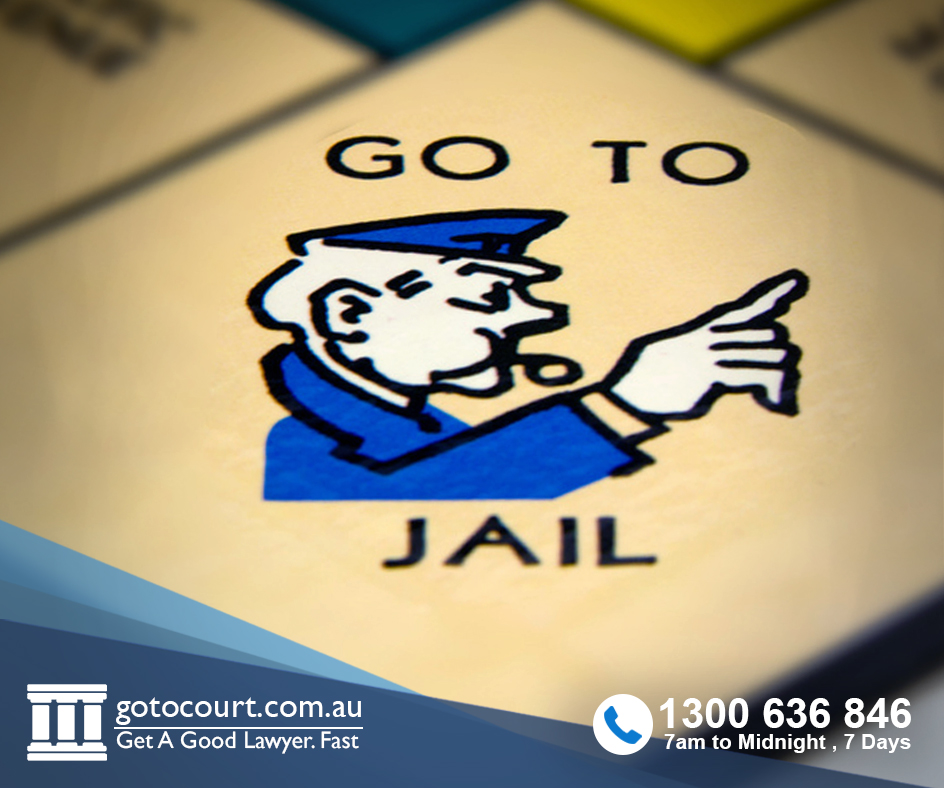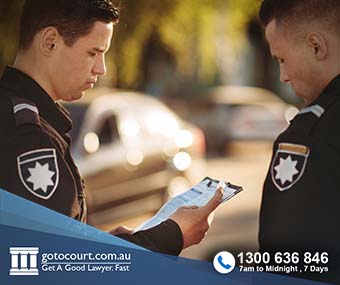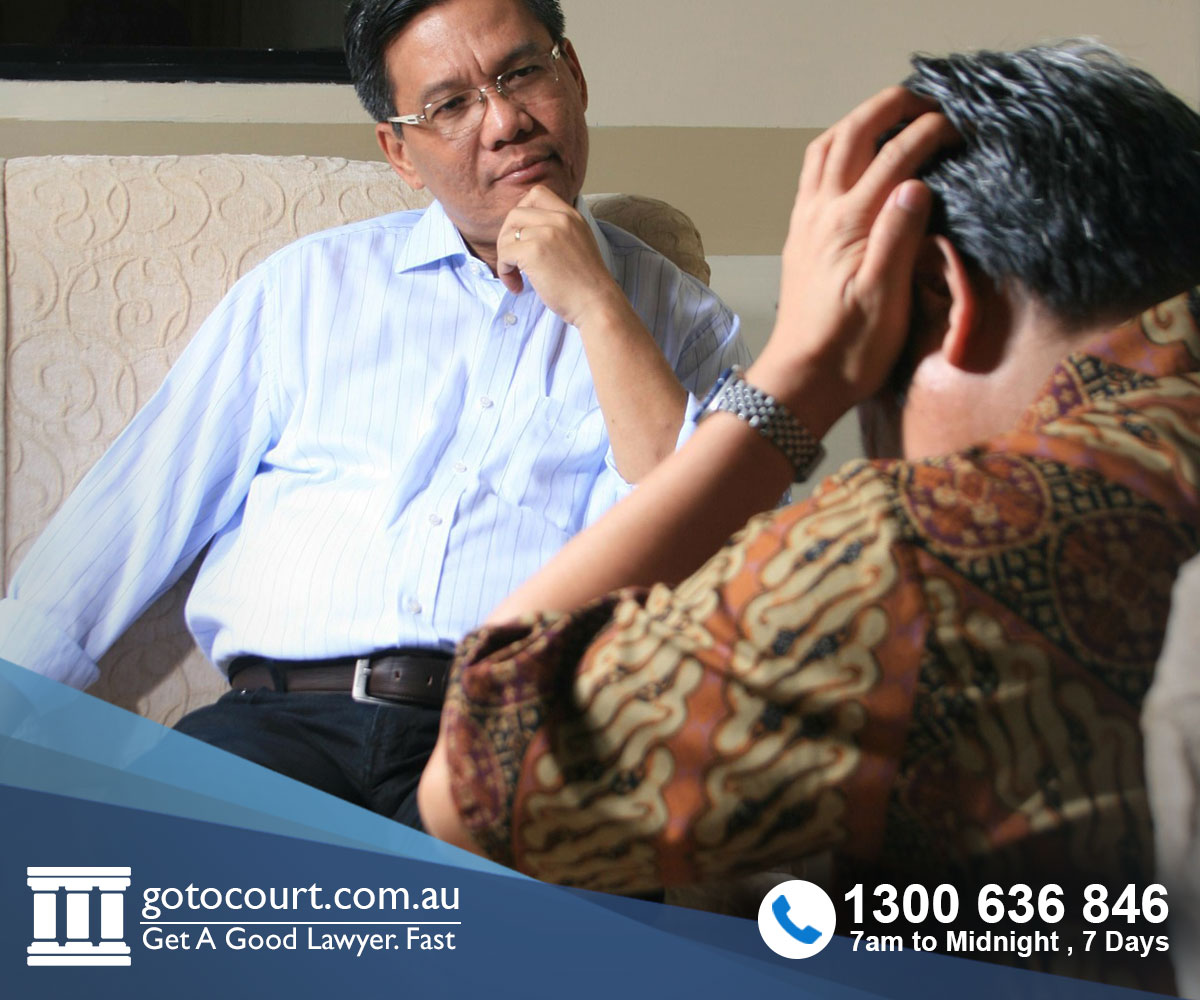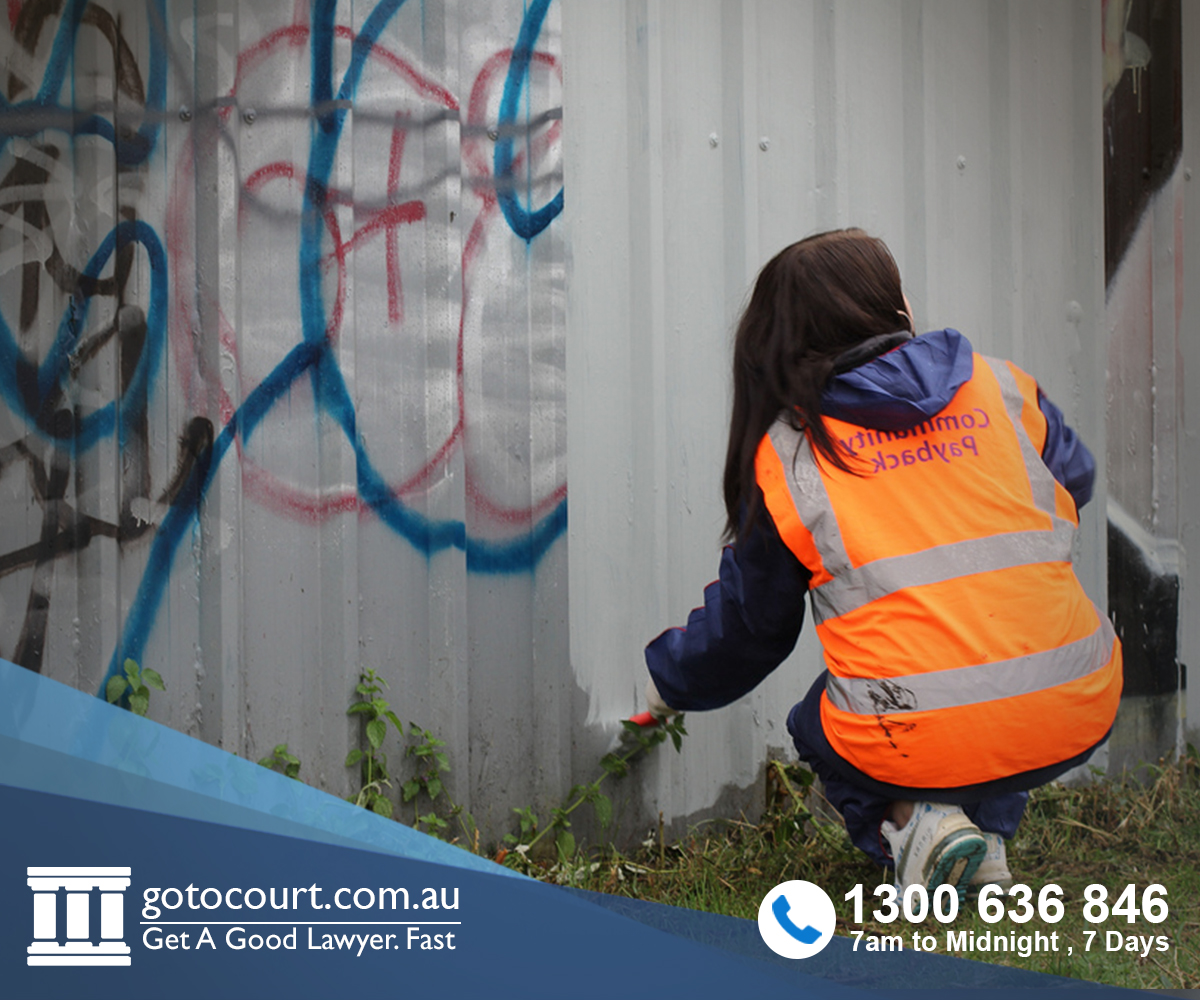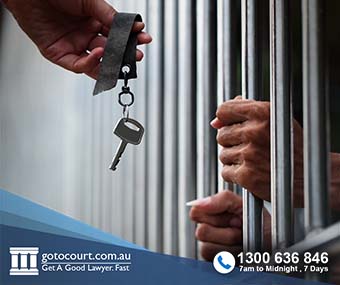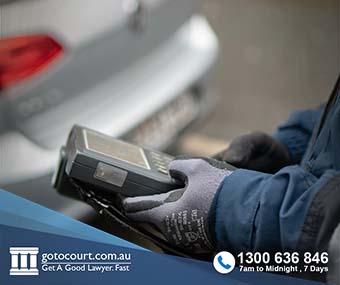Justice Reinvestment
Justice Reinvestment
Justice reinvestment is an approach to addressing crime that involves redirecting funding that would normally be used on prisons back into the communities most affected by crime. These funds are then used to pay for programs and infrastructure to deal with its root causes.
Justice reinvestment originated in the United States in response to the surge in the incarceration rate since the 1970s. It has been trialled in Australia with positive results. Advocates of justice reinvestment believe that prisons are a failure and that incarceration increases rather than decreases the risk of recidivism. They believe that money can better be spent on investing in the affected communities.
Criticisms of incarceration
According to the Australian Law Reform Commission, the cost of imprisoning a person for a year in Australia during 2015-16 was $103,295. Imprisonment can also have dire costs, both economic and social, for the individuals imprisoned and their families, These can include losing one’s accommodation and employment and becoming homeless.
Prison can also affect a parent’s relationship with their children and even lead to losing custody, temporarily or permanently. High levels of incarceration in a community can lead to young people growing up with an expectation that they will go to prison, which may change their behaviour and disrupt the community.
There is a very high rate of Indigenous incarceration in all states and territories and this rate is increasing, particularly for women. The majority of women who come into the prison system are themselves the victims of crime, especially domestic violence and sexual assault.
Opponents of incarceration argue that it entrenches the cycle of disadvantage for individuals and communities that are already vulnerable and marginalised.
What is justice reinvestment?
Justice Reinvestment represents a preventative approach to criminal offending. Interventions occur at a local level where circumstances exist that are known to lead to an increased risk of criminal offending. These include family breakdown, substance abuse, mental illness and poverty. Justice Reinvestment aims to support individuals and families to stop criminal offending from occurring in the first place.
Justice Reinvestment initiatives can be implemented either within the criminal justice system or outside of it. Models of Justice Reinvestment that exist within the justice system generally consist of programs to divert offenders away from custody and reduce the chances of reoffending. However, these models pay little attention to what is happening outside of the criminal justice system or preventing the offending in the first place. Models of Justice Reinvestment that exist outside of the justice system take a social justice form, providing holistic support to help people from avoiding criminality.
Bourke, NSW
The most successful example of the use of Justice Reinvestment in Australia lies in the New South Wales town of Bourke. Bourke is an isolated town of 2600 people, a third of whom are indigenous. In 2013, it had the highest rates of domestic violence, assaults, break-ins and car thefts in New South Wales.
According to author and journalist Jess Hill, in 2015, local Aboriginal elder Alistair Ferguson, together with Just Reinvest NSW and with the help of philanthropists, created a justice reinvestment strategy to be led by the newly formed Bourke Tribal Council, chaired by representative from all 22 Indigenous language groups in Bourke and a youth council chaired by local kids.
The councils set about gathering data on what was happening in Bourke in order to identify circuit breakers, that could stop people from being criminalised. They sought to fix problems wherever they found them. One such problem was a high rate of unlicensed driving offences being committed as the result of limited access to registered cars and limited literacy. The group raised funds to purchase a car and paid someone to teach local young people to drive and obtain their licences. A number of local police then volunteered their time as instructors, which in turn improved relations between local youth and police. The result was a 72 per cent drop in the number of youths charged with unlicensed driving.
The police in Bourke started doing spot checks on families and couples where they had identified a high risk of domestic violence, emphasising to the perpetrator that abusive behaviour would not be tolerated and encouraging them to take steps to address it. By 2017 domestic violence assaults in Bourke had dropped by 39 per cent. There has also been a huge increase in the number of young people finishing Year 12 since the model was created.
Law reform
In recent years, several inquiries have recommended justice reinvestment as a response to juvenile justice issues and the overrepresentation of Indigenous people in prison both at state and federal levels. There is widespread support for a Justice Reinvestment approach to crime among the legal and community sectors, with the National Association of Community Legal Centres, Aboriginal legal services, Children’s Commissioners and the NSW Council of Social Services all having expressed support for JR. The Australian Greens adopted Justice Reinvestment as part of their justice policy platform in 2010.
In 2012, the Labor federal government initiated a Senate inquiry into the value of Justice Reinvestment in Australia. The inquiry recommended that the federal government establish and fund a trial, including at least one remote Indigenous community. Following a change of government in 2013, these recommendations were not acted on.
If you require legal advice or representation in a criminal law matter or in any other legal matter, please contact Go To Court Lawyers.

Affordable Lawyers
Our Go To Court Lawyers will assist you in all areas of law. We specialise in providing legal advice urgently – at the time when you need it most. If you need a lawyer right now, today, we can help you – no matter where you are in Australia.How It Works




1. You speak directly to a lawyer
When you call the Go To Court Legal Hotline, you will be connected directly to a lawyer, every time.

2. Get your legal situation assessed
We determine the best way forward in your legal matter, free of charge. If you want to go ahead and book a face-to-face appointment, we will connect you with a specialist in your local area.

3. We arrange everything as needed
If you want to go ahead and book a fact-to-face appointment, we will connect you with a specialist in your local area no matter where you are and even at very short notice.








